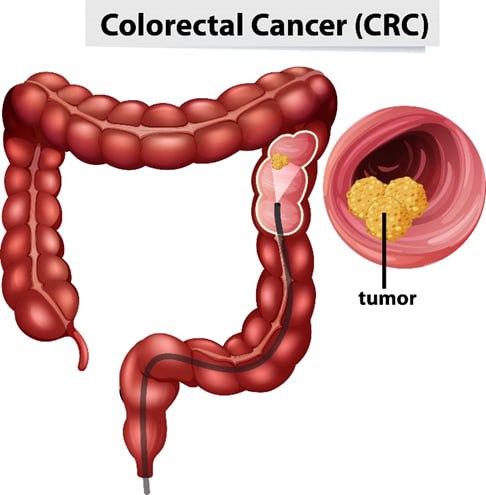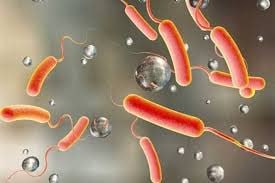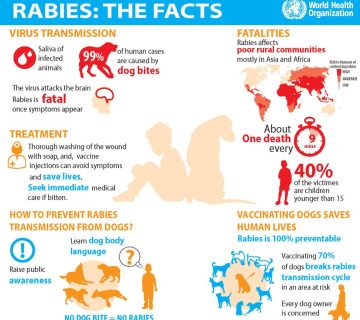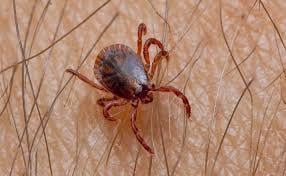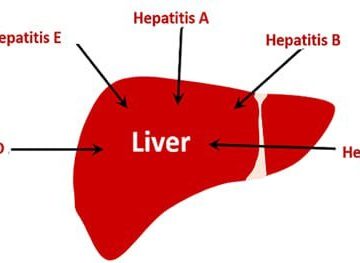Colorectal cancer, also known as colon cancer, is one of the most common types of cancer worldwide. Early detection plays a crucial role in increasing the chances of recovery. With advances in research, our understanding of the causes of colorectal cancer and effective prevention methods is continually growing.
Causes of Colorectal Cancer
Colorectal cancer typically develops from small, non-cancerous growths called polyps that form on the inner lining of the colon. Over time, some of these polyps can turn into cancerous tumors. Several risk factors can increase the likelihood of developing colorectal cancer, including:
- Genetic factors: A family history of colorectal cancer increases the risk.
- Environmental factors: These include unhealthy dietary habits and lack of physical activity.
- Age: The risk of colorectal cancer increases with age, especially after the age of 50.
- Chronic conditions: Such as inflammatory bowel disease.
Prevention Strategies
- Healthy Nutrition Nutrition plays a significant role in preventing colorectal cancer. Experts recommend a diet rich in fiber from fruits, vegetables, and whole grains, as fiber helps promote gut health and improve digestion. It’s also important to limit the intake of red and processed meats, as studies have shown that their consumption is linked to an increased risk of colorectal cancer.
- Physical Activity Regular physical activity helps reduce the risk of colorectal cancer. Research indicates that exercise can lower the risk by up to 24%. It’s advisable to engage in at least 150 minutes of moderate physical activity per week.
- Regular Screenings Regular screenings for colorectal cancer are an effective preventive measure, as they can detect polyps before they turn cancerous. Medical guidelines recommend that individuals begin routine colorectal cancer screenings at age 50, or earlier if they have additional risk factors.
- Avoid Smoking and Alcohol Smoking is associated with an increased risk of colorectal cancer, so it is recommended to avoid smoking. Excessive alcohol consumption can also raise the risk of cancer, making it preferable to limit alcohol intake.
Recent Advances
Recent research has shown that certain medications and dietary supplements may play a role in preventing colorectal cancer. For example, a study published in The New England Journal of Medicine indicated that taking low-dose aspirin might reduce the risk of colorectal cancer in some individuals. However, it is essential to consult a physician before starting any preventive medication.
Conclusion
There are multiple strategies that can be followed to prevent colorectal cancer by adopting a healthy lifestyle, including proper nutrition, regular physical activity, and routine screenings. Awareness and knowledge are crucial in preventing the disease and achieving early detection, which significantly improves the chances of recovery and survival.
References
- American Cancer Society.
- Chan, A. T., & Giovannucci, E. L. (2020). “Primary prevention of colorectal cancer.” Gastroenterology, 158(2), 368-383.
- Keum, N., & Giovannucci, E. (2019). “Global burden of colorectal cancer: emerging trends, risk factors, and prevention strategies.” Nature Reviews Gastroenterology & Hepatology, 16(12), 713-732.
- Zhang, X., & Shu, X. O. (2018). “The association of physical activity with colorectal cancer risk: a meta-analysis.” Cancer Causes & Control, 29(5), 467-480.
Asst. Prof. Dr. Noor Raouf Al-Hasani
Electronic Health Unit Manager
August 9, 2024

